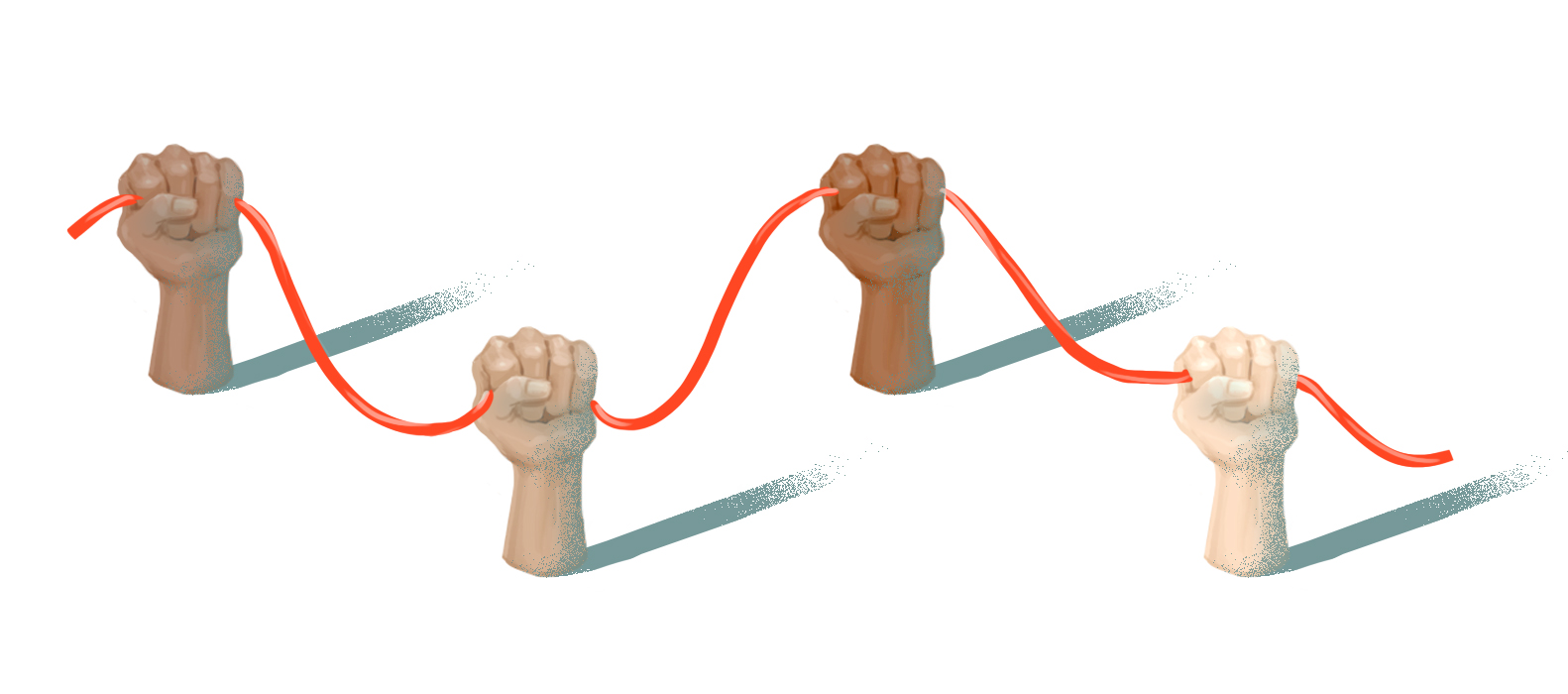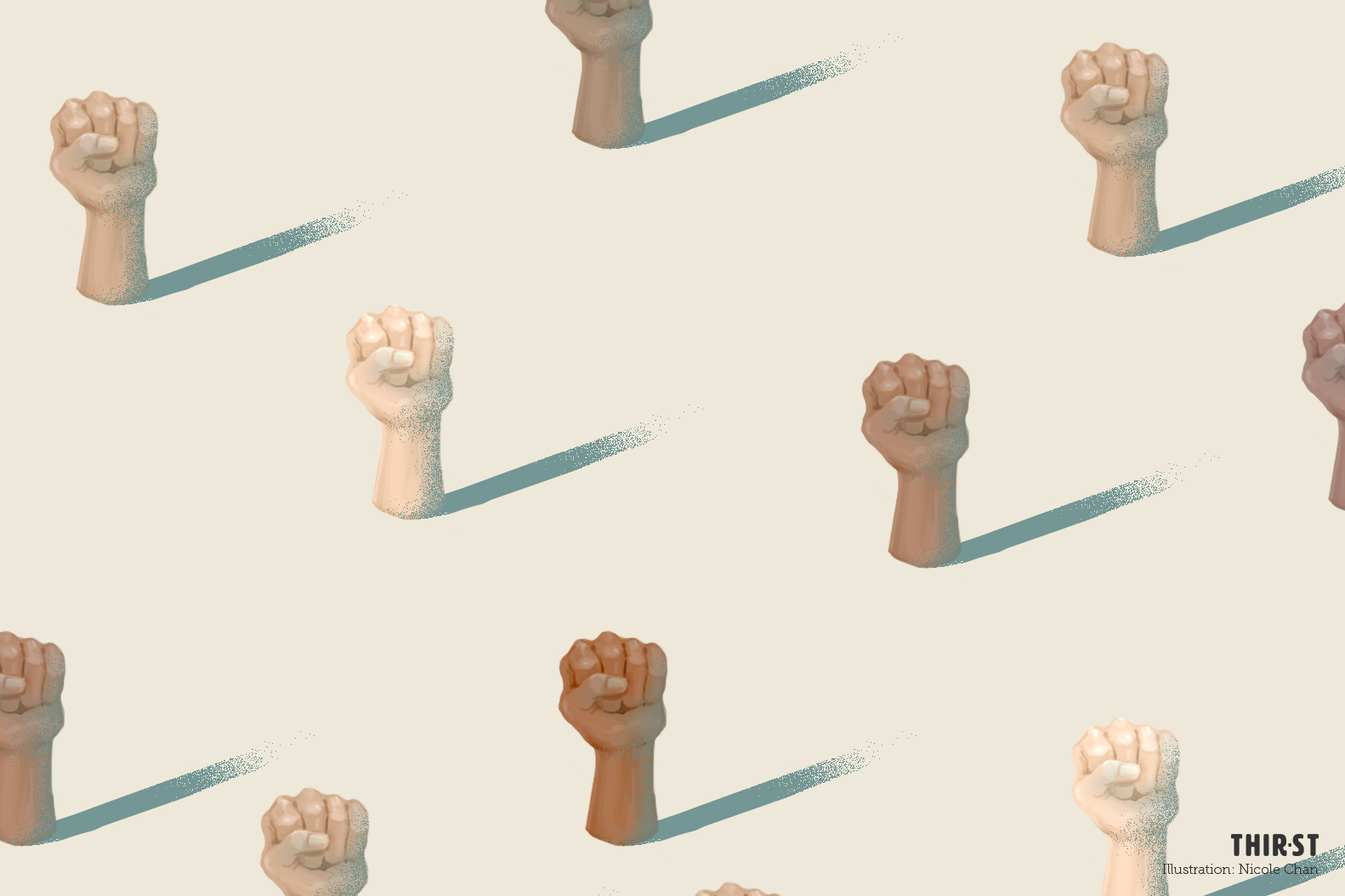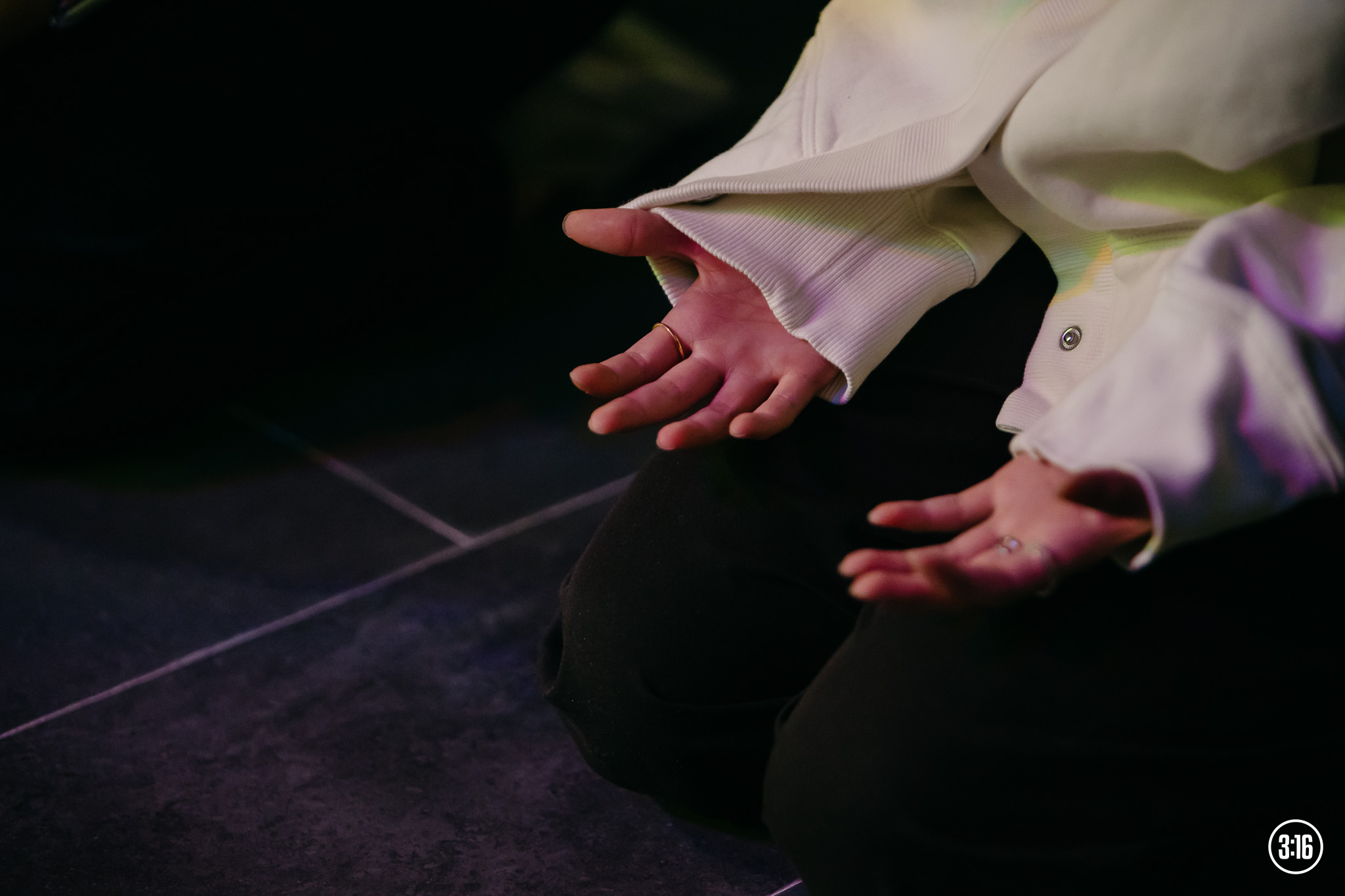COVID-19 has unearthed important issues in Singapore, revealed in the disproportionate impact on vulnerable groups, from job and food security of low-income families to living conditions of migrant workers.
Issues of racism and xenophobia have also surfaced, coinciding with online expressions of solidarity for global movements such as Black Lives Matter.
In this climate, how might the ordinary Christian even begin to think about his or her role? And how can we approach topics that are emotionally charged and potentially divisive, and create a safe space for all to share?
Before we jump on the bandwagon and start engaging with others (especially online), let us first begin the conversation in our small groups. Here are three steps you can take.
1. CLEAR THE CONFUSION
“Social justice” is a term that is complex and loaded, and is often used as an undefined buzzword. That’s why it’s important to concretise what we mean and why it matters.
When we speak about social justice, does it come from a place of clear biblical conviction and compassion, or are we merely following trends?
Here are two concepts to help us think about it rightly.
The basis of social justice is in the imago dei (image of God)
The Bible says that human beings are made in the image of God.
As G.K. Chesterton puts it: “People are equal the way pennies are equal. Some are bright, others are dull; some are worn smooth, others are sharp and fresh. But all are equal in value for each penny bears the image of the sovereign, each person bears the image of the King of Kings.”
This grants all humans an inherent value that is neither given nor can be taken away by other human beings, and grounds our actions against anything that lessens the worth of another – mistreating others is insulting God (Proverbs 14:31, James 3:9).
The goal of social justice is inclusion into community
“Biblical social justice is like family members of vastly different heights at a dinner table: Some are so short they cannot reach the table; some are so tall they have to bend very low to reach the table.
“Justice is to build a table and chairs of varying heights suited to each person so that the whole family can share a meal and have meaningful conversations around the table.” (Ronald JJ Wong)
God is deeply concerned with how we relate to Him, to one another and to the rest of Creation.
This state of being in right relationship with all is called shalom. And in loving and including one another, even and especially those who are of a different nationality, ethnicity and economic background from us, we experience that shalom.
Understanding the basis and goal of social justice is foundational for productive conversation and effective action.

2. CONTEXTUALISE THE CONVERSATION
Another helpful way to begin our conversation is to set the context, especially when looking at movements around the world.
Adapt but not adopt blindly
For instance, on the issue of racism, we need to be aware that the history of race relations in the US (in the context of historical slavery) is different from Singapore (with our own history of race-based policies and British colonial conceptions of Southeast Asians).
Also, the way that citizens and Christians in US pursue social justice – through petitions and lobbies for example – cannot be blindly implemented in the Singapore context, where state-society-church relations are quite different.
Acknowledging the difference in context would mean exercising wisdom to understand how best to engage with the issue in Singapore. We may adapt where helpful, but not adopt terms blindly.
And in our approach, it is important to remember that only Christ-like love can drive out hate, and that biblical justice is about bringing the disadvantaged up and not tearing others down.
Focus on understanding local issues
Even as we stand in solidarity against injustice worldwide, take a deeper look at issues in Singapore as well – whether it is racism, xenophobia, homelessness or income inequality.
Beyond just advocating online, study the landscape of Government policies, local organisations and community initiatives, and consider where you can concretely take action.
Biblical justice is about bringing the disadvantaged up and not tearing others down.
When looking at issues, it is important to be consistent about it on a daily basis and not just take a one-off approach. A lot of times, even in our conversations, it can lead to us just having head knowledge and not heart knowledge.
“Beware of practicing your righteousness before other people in order to be seen by them, for then you will have no reward from your Father who is in heaven. Thus, when you give to the needy, sound no trumpet before you, as the hypocrites do in the synagogues and in the streets, that they may be praised by others. Truly, I say to you, they have received their reward.” (Matthew 6:1-2 ESV)
As we speak about virtues and what is right to do, we are called to embody it.
3. CONSIDER THE SPECTRUM OF EXPRESSIONS
How we choose to respond to issues of social justice can range from the personal to the political.
Some among us already have friendships with migrant workers, which allowed us to help on a personal basis when COVID-19 hit. Others have been working with the homeless community in this period, which included supporting churches to open up their spaces to host the homeless.
These are all examples of responses to realisations, like the revelation that there were no Christian homeless ministries in Singapore in 2014.
Or even the personal conviction that the Church in Singapore is more a defender of the status quo than a defender of the forgotten, marginalised and oppressed.
Depending on where we are at, our next steps might be different. And who knows where that might lead us?

Ultimately, on the individual level, “social justice” begins with how we make decisions and conduct ourselves in the respective roles we play.
This is how we are in school, at the workplace, in our families – including how we relate to the domestic helper staying with us – such that everyone is included in the community and can enjoy the relationships and shared resources needed to live a full life.
We are called to live lives of integrity that ooze justice and righteousness in every aspect.
On the church level, perhaps we need to explore how we can include teachings on social justice as part of our discipleship curriculum. Can we build up a community resource with other members of the church as we have these conversations, record them down and share with one another?
Beyond that, how can we work towards making justice a lived reality within the Christian community, across race, ages and socioeconomic status?
That we might make people wonder: “See how they love one another!”
Christians should be the ones with the greatest motivation and power to do this. We worship and follow a God who took the initiative to cross the divide and make peace with us, breaking down all the barriers that separate us, that we might be included into His family.
May our justice follow the way of the Cross, as we sacrificially lay down our personal interests that others might experience shalom and enjoy true life everlasting.
Boon Pin is a young adult from Living Praise Presbyterian Church. In his day job, he tries to make Singapore a better place – one email at a time. This article adapts reflections from “Does The Future Have A Church”, an online conversation on possible future scenarios and their implications for the Church that was attended by 36 people from over 25 different churches.
- What does social justice mean to you?
- How does God define justice in the Bible?
- How might you be involved in justice work right where you are?









